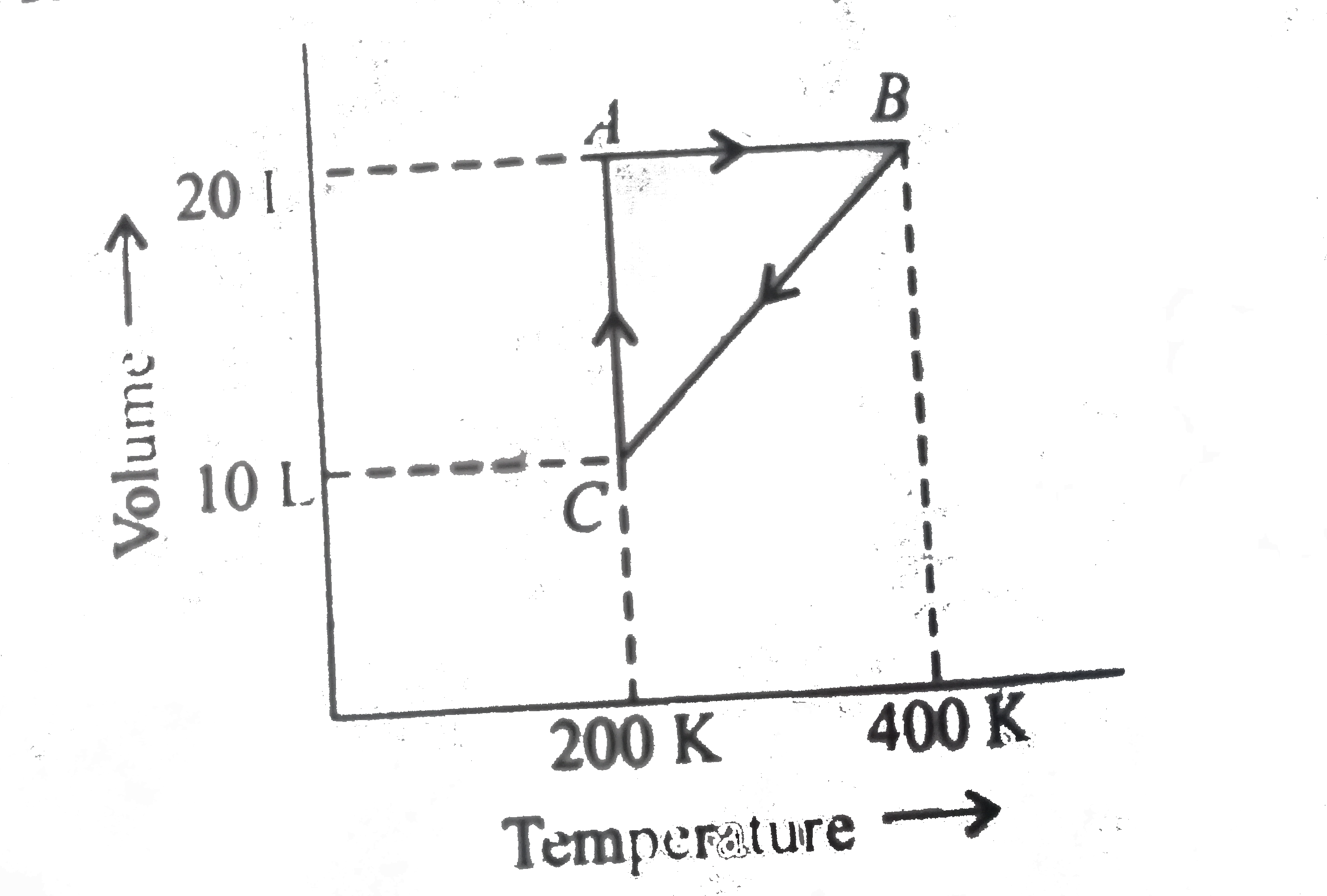If A be the sum of odd terms and B be the sum of even terms in the expansion of , prove that
Step by step video solution for If A be the sum of odd terms and B be the sum of even terms in the expansion of (x+a)^(n) , prove that A^(2) -B^(2) = (x^(2) - a^(2)) ^(n) by Maths experts to help you in doubts & scoring excellent marks in Class 12 exams.
Updated on:21/07/2023Similar Questions
Knowledge Check
If P be the sum of odd terms and Q be the sum of even terms in the expansion of (x+a)n, then (x+a)2n+(x−a)2n is
(i) P2−Q2
(ii) P2+Q2
(iii) 2(P2+Q2)
(iv) 4PQAP2−Q2BP2+Q2C2(P2+Q2)D4PQ
If P be the sum of odd terms and Q be the sum of even terms in the expansion of (x+a)n, prove that
(iii) 2(P2+Q2)=(x+a)2n+(x−a)2n.
View SolutionIf P and Q are the sum of odd terms and the sum of even terms respectively in the expansion of (x+a)n then prove that
P2−Q2=(x2−a2)n
View SolutionIf the sum of odd terms and the sum of even terms in the expansion of (x+a)n are p and q respectively then p2+q2=
View Solution
The pressures at A and B in the atmosphere are, respectively,
View SolutionIf o be the sum of odd terms and E that of even terms in the expansion of (x+a)n prove that: (i)O2−E2=(x2−a2)n (ii) 4OE=(x+a)2n−(x−a)2n (iii) 2(O2+E2)=(x+a)2n+(x−a)2n
View SolutionFind the number of terms in the expansion of (1−2x+x2)n.
View SolutionIf A and B respectively denote the sum of the odd terms and sum of the even terms in the expansion of (x+y)n, then the value of (x2−y2)n, is equal to
View Solution
